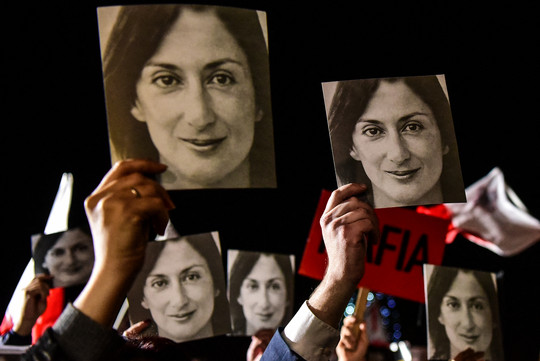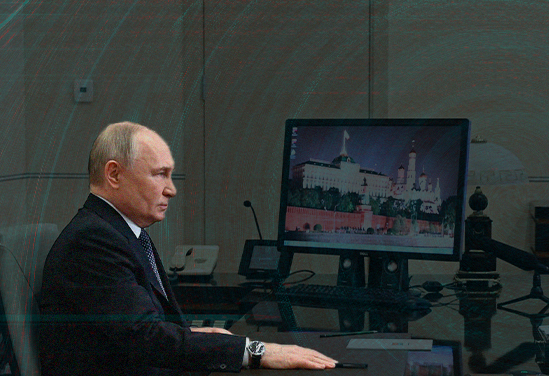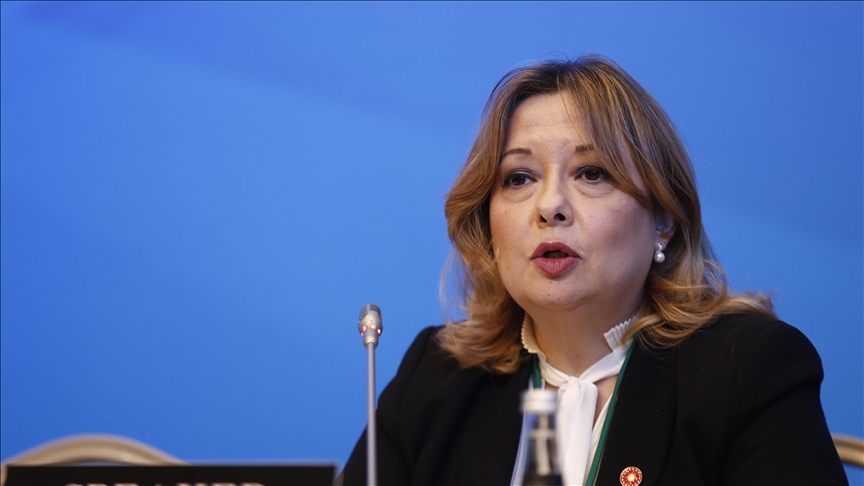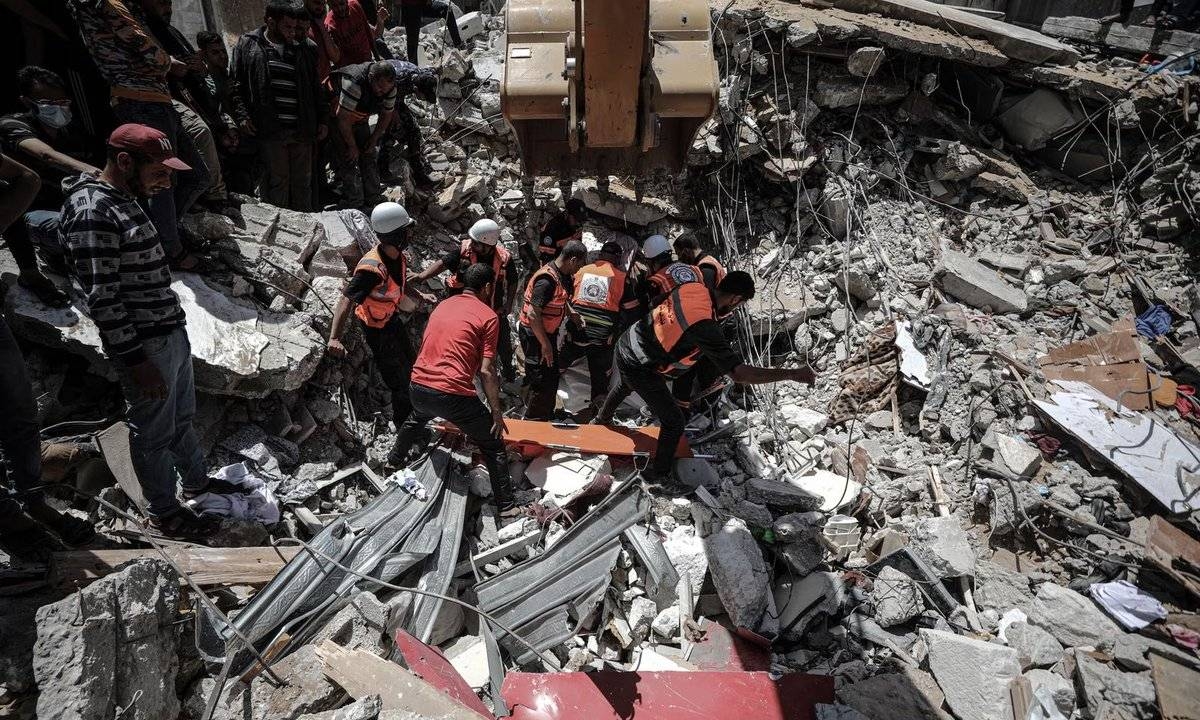
Call for National Media Freedom Plan in Memory of Daphne Caruana Galizia
October 15, 2025
Russia’s Transnational Crackdown on Journalism
October 15, 2025October 15, 2025 – Turkey –
Turkey’s Permanent Representative to UNESCO, Ambassador Gülnur Aybet, has urged the organization to apply a consistent and impartial standard when condemning the killings of journalists in Gaza. Speaking at the 222nd Executive Board session, she highlighted what she described as a troubling discrepancy between the number of journalists killed in the conflict and the number of cases UNESCO has publicly acknowledged. According to Aybet, since the escalation of Israel’s war on Gaza in October 2023, around 250 journalists and media workers have been killed. UNESCO, however, has issued public statements condemning only 69 cases, leaving the majority without formal recognition.
Aybet stated that such selective acknowledgment risks undermining UNESCO’s moral authority and credibility as a global defender of press freedom. She emphasized that the protection of journalists and freedom of expression are fundamental pillars of UNESCO’s mandate, and any failure to address all cases equally creates the perception that some journalists’ deaths are treated as less significant than others. She called on the organization to clarify the criteria it uses to determine which killings are publicly condemned and to ensure these standards are applied without discrimination.
The Turkish envoy also pointed to the worsening situation in Gaza for media workers, where dangerous field conditions, direct targeting, communication blackouts, and restrictions on access have made journalism extremely hazardous. She reminded UNESCO member states that ignoring or minimizing these risks erodes international mechanisms designed to protect reporters.
Her remarks come amid a growing chorus of criticism from press freedom advocates who argue that the international response to journalist killings in Gaza has been uneven and politically selective. Many see UNESCO’s role as crucial in setting a clear global standard on the protection of journalists in war zones. Aybet’s statement is both a rebuke and a challenge, calling on the agency to reaffirm its principles and extend equal recognition to all journalists killed in the line of duty.
Reference –




